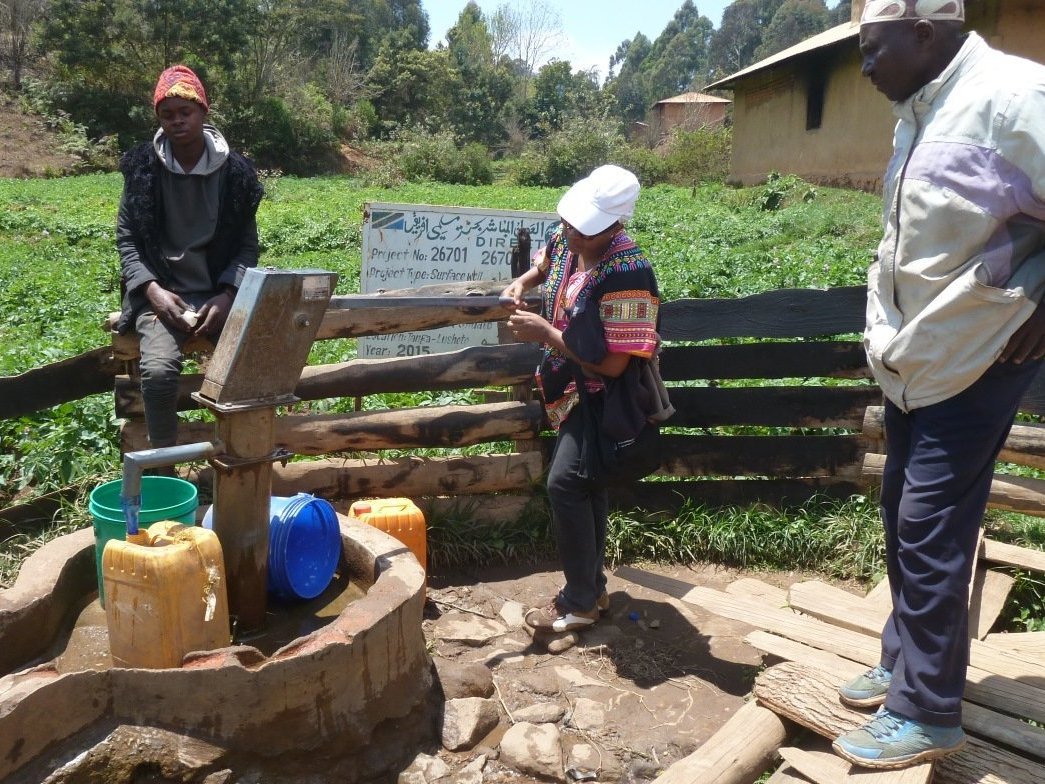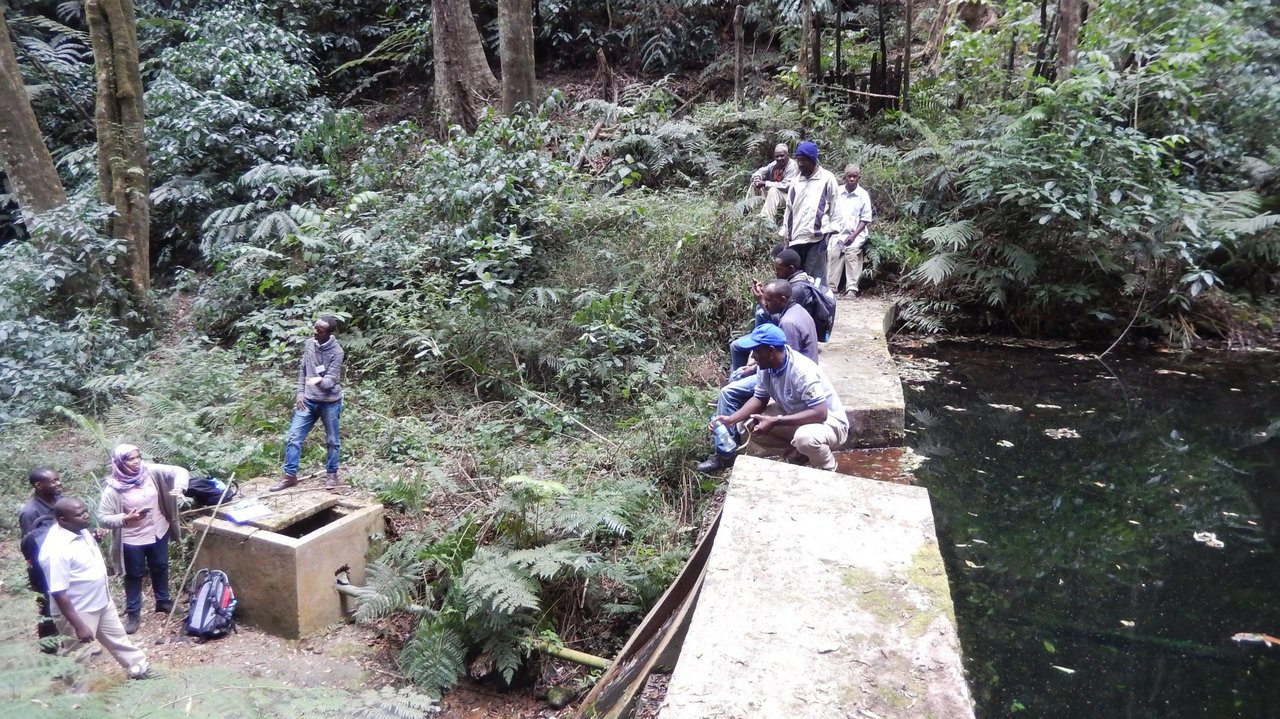The people in the rural region of the Usambara Mountains in Tanzania get their drinking water primarily from open sources or from wells that are not sufficiently deep and do not carry enough water in the dry season, causing the spread of water-related diseases. The aim of the Mtae Water Project of Weltweit – Gesellschaft zur Förderung lokaler Initiativen (Worldwide – Society for the Promotion of Local Initiatives), Bad Soden, which is supported by the Wilo-Foundation, was to improve the inadequate water supply for the local population over the long term.

